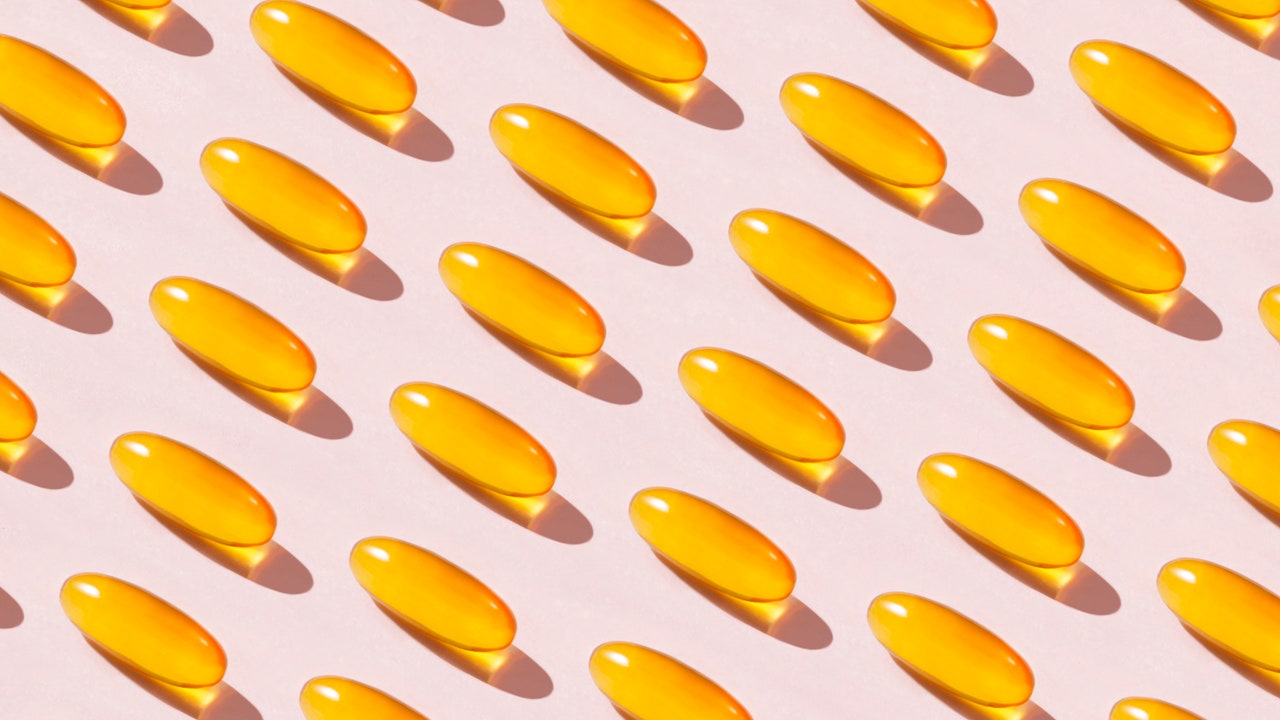Congenital disorders
Folic Acid 101: What It Is and Why It Matters
- A worsening of seizures in epilepsy sufferers
- High folic acid can hide vitamin B12 deficiency, which in turn can lead to anemia, which causes neurological damage.
Can folic acid help with hair?
When talking about supplements for healthy hair, biotin, zinc, and selenium are likely to come to mind first, but folic acid can also play a key role. Folates have restructuring properties, which help to strengthen the hair shaft and help it to become more resistant. If you have weak and brittle hair, especially due to stress, folic acid can also be helpful.
When do you need to take the supplements?
Folic acid should be taken as a supplement when, despite eating a healthy and balanced diet, you can’t elevate its level to a healthy range as indicated by blood tests. It should ideally be taken in combination with another B vitamin, B12.
Folic acid and vitamin B12, explained
Combining folate supplementation with vitamin B12 is often recommended by doctors for those with deficiencies in these nutrients. Both are essential for the proper functioning of our bodies, whether physically or mentally, and are closely related. A deficiency of vitamin B12 can lead to a deficiency of folic acid, and a deficiency of either can cause anemia. Only from their synergy can proper hemopoiesis—that is, blood cell production—take place. The easiest way to assure you have sufficient levels of both nutrients is to take a vitamin B complex supplement, which will typically include folic acid.
Which foods are rich in folic acid?
The first step to keeping your folic acid level, as well as vitamin B12, at a healthy level is by choosing a diet with foods that are rich in it.
Folic acid is mainly found in plant foods, such as leafy vegetables, legumes, cereals, and some fruits though beef, and especially beef liver, also has elevated levels of folate. Here is a list of some of the principal foods that are rich in folic acid:
- Whole wheat flour
- Beans
- Brewer’s yeast
- Spinach
- Oranges
- Liver
- Beef
- Peanuts
- Chickpeas
- Lentils
- Sunflower seeds
- Asparagus
- Pork
- Lettuce
- Broccoli
- Cauliflower
- Soy
- Chicken
- Walnuts
- Avocado
- Salmon
- Savoy cabbage
- Whole milk
- Yogurt
How can I maximize folate absorption?
Folate is very sensitive to heat. Cooking foods rich in folic acid can destroy up to 95% of the nutrient in them. You should try to get as much folic acid as possible from your diet, and therefore avoid cooking some foods that contain a lot of folic acid. (Of course, this is not always possible, due to the nature of the food or if you are pregnant, for example, but there are some cases, such as spinach, where eating the food raw is much healthier than cooked.)

